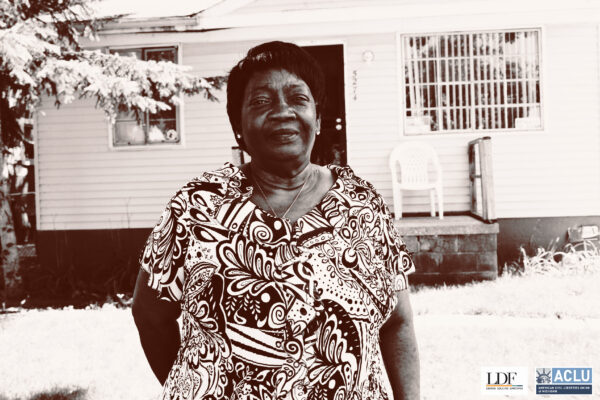ACLU at the Michigan Capitol – Week of September 19, 2016
The Michigan Legislature has only 15 scheduled session days for the 2015-16 legislative session, and they have a lot they should do. As always, the question is, what will they actually get done? Included on their “to do” list is an update Michigan’s energy policy; revision of third-grade reading requirements; and reform of Michigan’s overly harsh parole and probation rules. Legislators have already addressed necessary medical marijuana dispensary reforms and rules for driverless cars.
Another critical issue earning more attention--an issue the ACLU of Michigan has been advocating for many years--is reform of the misguided zero-tolerance laws that have caused thousands of school children to be expelled and suspended, propelling far too many of them into the school-to-prison pipeline. Zero-tolerance policies impose a one-size-fits-all punishment and negatively impact student outcomes more than they preserve school safety.
The roots of these policies can be traced to the Gun Free Schools Act (GFSA), a 1994 federal law intended to keep classrooms safe by requiring that any student caught with a gun in school be expelled for a year. But when the law was written, the drafters recognized that there would undoubtedly be cases with mitigating circumstances and they allowed states to include exceptions to mandatory expulsion – which Michigan did. Michigan law includes four exceptions that provide school administrators a mechanism for evaluating each case to determine the student’s degree of culpability and their intent of doing harm. Unfortunately, our research shows that school boards have ignored their responsibility to review each expulsion case in this light.
We know that zero tolerance policies have dramatically increased the numbers of students kicked out of the public schools for a full academic year. In 1995, the year after the GFSA became law, there were about 240 expulsions annually from Michigan schools. Today, we have over 1800 and nationally, there are some 130,000 kids fully expelled from school annually.
Zero tolerance has morphed into an “approach” to discipline that has resulted in a dramatic increase in suspensions as well. The suspension rates nationally have doubled from about 3.5% in the 1970s to about 7% today. Michigan’s rate is now at about 9 percent with some 137,000 students suspended annually.
When students are not in school they cannot learn and are often left unsupervised, increasing the likelihood they may be involved in unproductive or even illegal activity. This is especially true when you have a student out of school for a full school year.
Despite the increased use of zero tolerance discipline, there is little evidence that mandatory suspension and expulsion policies make schools safer. In fact, studies have found that more student removal equals a less satisfactory climate in schools. They note that zero tolerance doesn’t improve behavior but instead leads to future incidents of misconduct and increases risk of dropout or failure to graduate on time – and given the fact that 68% of the people sitting in Michigan prisons don’t have diplomas, that heightened risk is significant.
Addressing many of our concerns, a bi-partisan package of bills (HB 5619-21 and HB 5693-95) initiated by Representative Andy Schor, D-Lansing, passed through House Education last spring. Thanks to the work of Representative Lisa Lyons, R-Alto, the legislation included amendments that would put limits on the use of expulsion and suspension and require schools to afford students due process so that they could appeal unjust decisions.
This package – long overdue – has a lot of support, and not only among both the Democrats and the Republicans. The probate judges association is in support, as are the school social workers, and the Student Advocacy Center. The package will go the Senate Judiciary Committee on Tuesday, September 20 for a hearing and will ultimately be voted out in a subsequent meeting, presumably some time in November or December given the current legislative meeting schedule. We are not assured that the package will get through in lame duck, but hearing from advocates who agree that reform of zero tolerance laws is due would certainly increase the chances.

